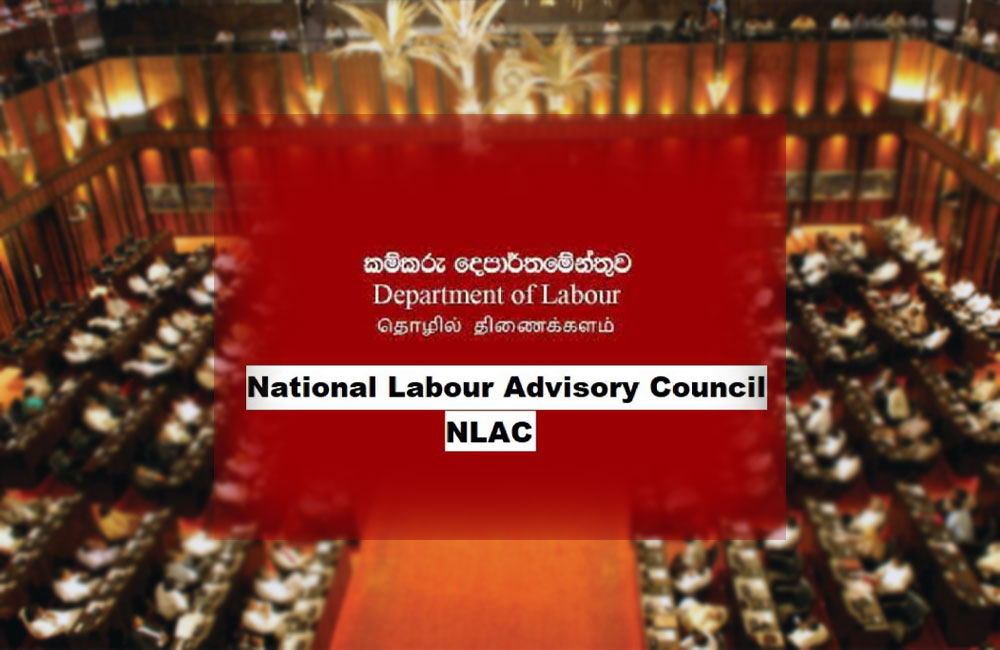In a significant departure from their traditional wage-centered approach, a coalition of 13 independent labour unions affiliated with the National Labour Advisory Council has jointly submitted a comprehensive policy-based proposal for the upcoming 2026 National Budget, focusing on structural labour reforms instead of monetary demands.
The proposals were handed over to the Government on 13 October, ahead of the Budget presentation in Parliament this Friday by President and Finance Minister Anura Kumara Dissanayake. This marks the first time in recent decades that multiple unions have collaborated to shape the national fiscal agenda through a labour policy lens.
At a press briefing in Colombo, Ceylon Bank Employees’ Union (CBEU) Deputy Chairman Anupa Nandula revealed that the unions were invited for a meeting with the President, but it was later cancelled without further communication. “We’d like to believe that the Government understands our intentions our proposals don’t call for handouts but for sustainable labour and economic policy,” he said.
Chamindra Perera, General Secretary of the Ceylon Federation of Trade Unions, emphasised that the unions’ collective effort was historic. “Our approach this year moves beyond salary increments. We focused purely on policy changes that strengthen the position of workers within ongoing economic reforms,” he explained.
According to JSS Convenor Sunil de Silva, public expectations for relief remain high amid cost-of-living pressures caused by fiscal reforms. “While people expect benefits, the Government must now set out a long-term labour policy to protect worker rights and ensure fair treatment,” he said, adding that separate laws for zones like the Colombo Port City or attempts to privatise essential public services would erode labour equity.
A key highlight of the proposals is the call to restructure, not privatise, State-Owned Enterprises (SOEs) such as State banks, the Ceylon Petroleum Corporation, Sri Lanka Telecom, and the Ceylon Electricity Board. The unions argue that reform is necessary but must preserve public ownership to safeguard the institutions’ founding purpose of serving citizens rather than profit motives.
Among the 18 major recommendations, the unions have urged the Government to:
- Implement the long-delayed Workers’ Charter first drafted in the 1990s.
- Reform the Employees’ Provident Fund (EPF) for transparency while retaining Central Bank oversight.
- Conduct forensic audits of major SOEs to improve accountability and efficiency.
- Establish ILO Convention Monitoring Centres to ensure compliance with international labour standards.
- Extend social protection to informal, gig, and care workers through a welfare fund financed by a Rs. 1 levy per digital transaction.
- Introduce a contributory unemployment benefit scheme for private sector employees.
The proposals also include measures to uplift the estate sector, calling for fair wages, 10 perches of land for each worker family, and the conversion of the National Institute of Plantation Management into a degree-awarding university. The unions also urged the settlement of outstanding provident fund dues to plantation employees and the consolidation of loss-making plantation companies under a single state entity.
Furthermore, the coalition advocated for progressive taxation to replace regressive levies that burden low-income earners such as those on sanitary products and electricity in free trade zones while demanding stricter controls to curb illicit financial flows.
Nandula stressed that these initiatives are not fiscally heavy but aimed at reinforcing fairness and institutional stability. “Our proposals do not add cost to the Treasury. They simply require political will and administrative commitment,” he said.
If adopted, these policy-driven recommendations could mark a pivotal shift in Sri Lanka’s labour relations transforming the annual Budget from a cycle of wage demands into a platform for sustainable social and economic reform.

Leave your comments
Login to post a comment
Post comment as a guest